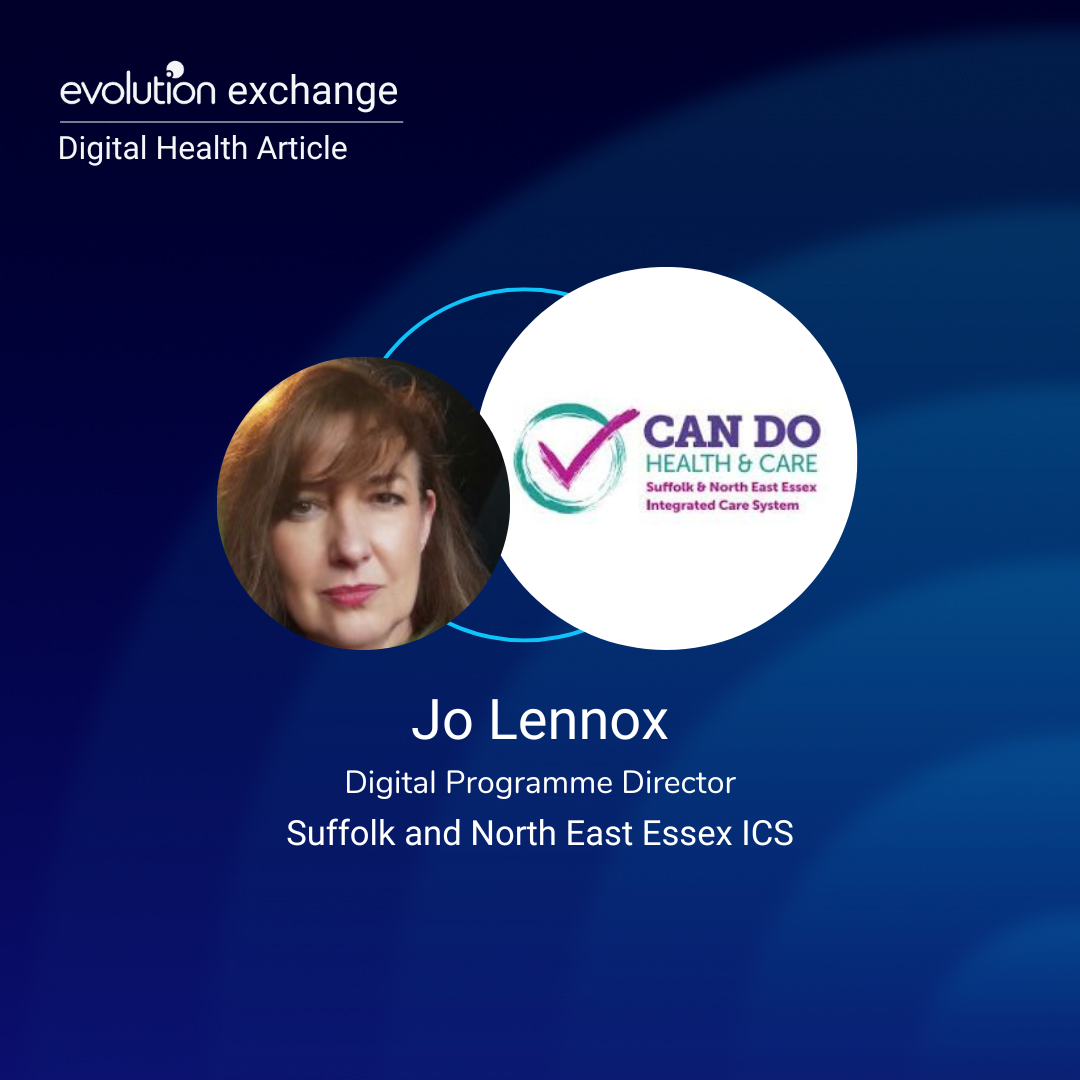In a candid interview, Daniel Hallen, Chief Information Officer and Director of Data, Digital and Technology at East Lancashire Hospitals NHS Trust, shared his career journey and his unwavering commitment to allyship. With a diverse background spanning the legal academic profession, programme management, and the public/private sector, Daniel’s path has been shaped by a social conscience and a desire to make a positive impact. His experiences have fuelled his passion for equality, diversity, inclusion, and justice, and his role as an ally has become an integral part of his leadership approach.
Early Career and Turning Points
Daniel’s career began in the legal academic profession and then the private sector, but a pivotal moment came when he chose to work in the public sector. “I was involved in the central library and town hall extension programme in the centre of Manchester,” he recalled. “I worked on the refurbishment and bringing to life two heritage buildings. It was really transformational, taking the library from being just books and stacks to a modern building with digital access and creating a modern workplace.”
This experience reignited his interest in digital transformation and its potential to improve services for both staff and patients. “It’s not just about making things digital,” Daniel emphasised. “It’s about ensuring digital works for 100 percent of people and catering to those with disabilities or other individual needs.” His ability to recognise and address the diverse needs of end-users has been a driving force behind his work in the NHS.
Understanding Allyship
For Daniel, allyship is a multifaceted concept that extends beyond mere support. “Allyship is about being a supporter and a safe person to talk to,” he explained. “But it’s also about using my position of privilege as a white male to speak up for marginalised communities and advocate for equality, justice, and fairness.”
Daniel’s lived experiences have shaped his perspective on allyship. He recounted an incident where he felt the sting of marginalisation due to his disability, highlighting the importance of understanding and empathy. “It was a real lived experience that it’s not acceptable to invade someone’s personal space or make assumptions based on appearances,” he said. This experience has made him more attuned to the daily struggles faced by many individuals, fuelling his determination to be an agent of change.
Leading with Inclusivity
As a leader, Daniel’s commitment to allyship is evident in his approach to building a diverse and inclusive team. “It’s no good serving our population if our population isn’t working here,” he stated. “We need to make sure there’s a path for people from all backgrounds to join us and be reflected in our workforce.”
Daniel actively seeks to understand the unique perspectives and needs of his team members, recognising that one-size-fits-all solutions are ineffective. “It’s about understanding how people want to be approached and how to get the best out of them,” he explained. This approach extends beyond simply checking boxes; it’s about fostering an environment where every individual feels valued, respected, and empowered to contribute their unique talents and perspectives.
Overcoming Impostor Syndrome
Despite his achievements and leadership position, Daniel admitted to grappling with impostor syndrome on a daily basis. “I’ll never feel comfortable because you can always learn something new,” he confessed. However, he has developed strategies to manage this challenge, leaning on his team’s expertise and fostering a collaborative environment.
“To me, impostor syndrome is almost a mitigation process,” Daniel shared. “I may ask the initial questions, but I have a team of experts who can help me find the answers. It’s about recognising that I don’t have to know everything, but I have the resources and the support to find the solutions we need.”
Practical Advice for Male Allies
When asked for advice for other male allies, Daniel emphasised the importance of acknowledging privilege and being inquisitive. “Start to ask questions about how you can be better, how you can support people from different backgrounds,” he advised. “Be inquisitive about things you don’t know, and ask people how you can do things better and support them.”
Daniel also highlighted the power of role models, citing the influence of individuals like Dr. Paul Rice and Dr. Janet King. “If I can imbue some of the values and behaviours they hold, I can be a better person and a better ally to others,” he said. By actively seeking out and learning from those who exemplify allyship, individuals can gain valuable insights and inspiration to continually improve their own practices.
Moreover, Daniel stressed the importance of being an active listener and creating safe spaces for open dialogue. “It’s about understanding the challenges people face and being willing to have difficult conversations,” he said. “Only by fostering an environment of trust and respect can we truly understand each other’s experiences and work together towards meaningful change.”
Daniel Hallen’s journey is a testament to the transformative power of allyship. From his humble beginnings to his current leadership role, he has embraced a commitment to equality, diversity, and inclusion, using his privilege as a platform for advocacy and change. By fostering a culture of understanding, empathy, and continuous learning, Daniel is paving the way for a more inclusive and equitable future, not just within his organisation but in society as a whole.






























